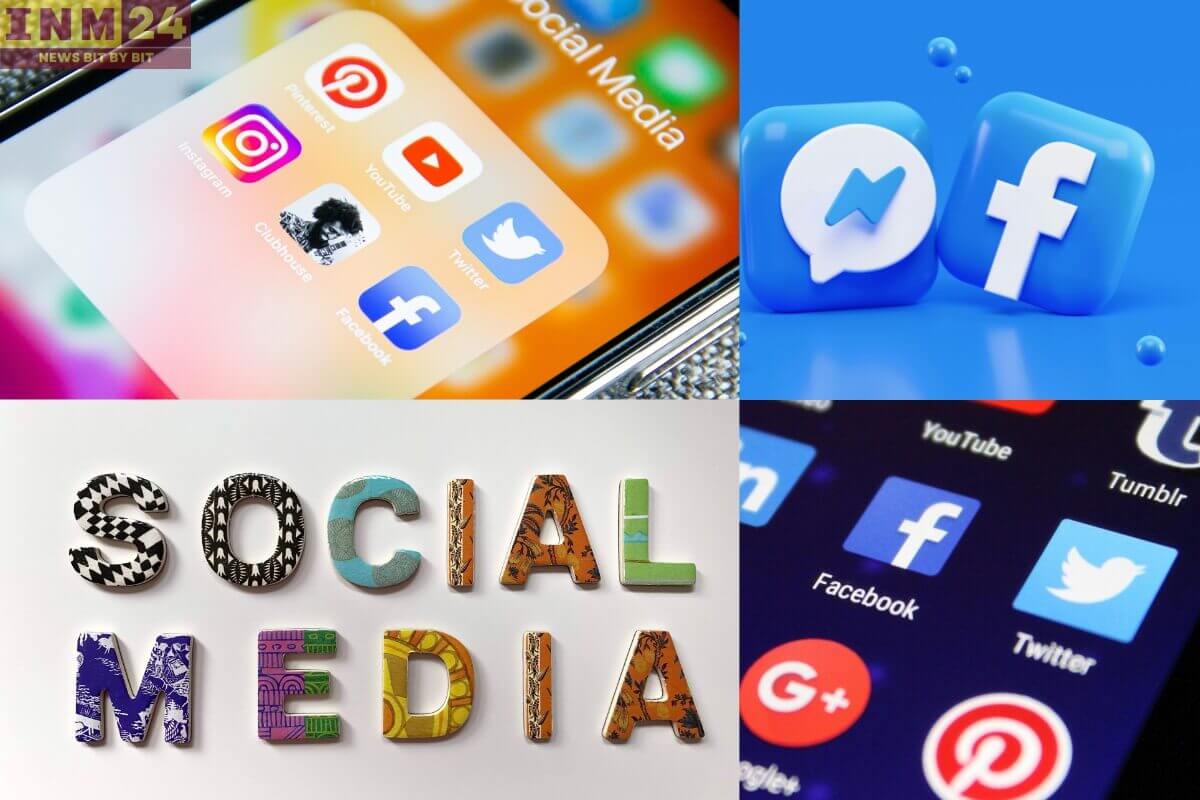In recent years, there has been growing concern over the detrimental effects of social media on the mental health and well-being of teenagers. Mounting evidence suggests that excessive use of social media platforms can contribute to a range of psychological issues, including depression, anxiety, low self-esteem, and poor body image. As awareness of these concerns continues to rise, the question arises: What’s the next step in addressing the impact of social media on teenagers’ mental health?
The prevalence of social media use among teenagers is undeniable, with platforms like Instagram, Snapchat, TikTok, and Facebook occupying a significant portion of their daily lives. While these platforms offer opportunities for connection, self-expression, and entertainment, they also expose teenagers to a myriad of challenges and pressures that can negatively affect their mental health.
Social Media Comparison Impact
Studies have shown that prolonged exposure to social media can lead to feelings of inadequacy and comparison, as teenagers are constantly bombarded with curated images and lifestyles that may not reflect reality. The pressure to present a polished and flawless image online can contribute to feelings of insecurity and anxiety, as teenagers strive to meet unrealistic standards set by social media influencers and peers.
Additionally, the addictive nature of social media can disrupt sleep patterns, interfere with academic performance, and hinder real-life social interactions, further exacerbating feelings of isolation and loneliness. The constant need for validation through likes, comments, and followers can create a cycle of dependency and self-esteem tied to online engagement, leading to a negative impact on overall well-being.
In light of these concerns, it is imperative to consider the next steps in addressing the impact of social media on teenagers’ mental health. One approach involves fostering digital literacy and critical thinking skills among teenagers to help them navigate social media in a healthy and responsible manner. Educating teenagers about the potential risks and consequences of excessive social media use can empower them to make informed decisions about their online behavior.
Supporting Teen Mental Health
Furthermore, parents, educators, and policymakers play a crucial role in creating supportive environments that promote positive mental health among teenagers. This includes setting limits on screen time, encouraging offline activities and hobbies, and providing resources and support for teenagers experiencing mental health challenges related to social media use.
In addition to individual and community-level interventions, there is a need for greater accountability and responsibility from social media companies themselves. Platforms must prioritize the well-being of their users by implementing features and safeguards to mitigate the negative effects of social media on mental health. This may include measures such as content moderation, promoting positive online interactions, and providing resources for users in distress.
Ultimately, addressing the impact of social media on teenagers’ mental health requires a multifaceted approach that involves collaboration between individuals, communities, and stakeholders at all levels. By raising awareness, promoting digital literacy, and fostering supportive environments, we can work towards creating a healthier and more balanced relationship with social media for the well-being of teenagers now and in the future.
